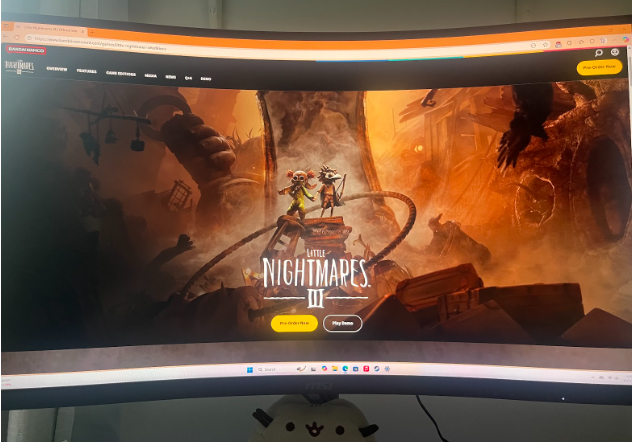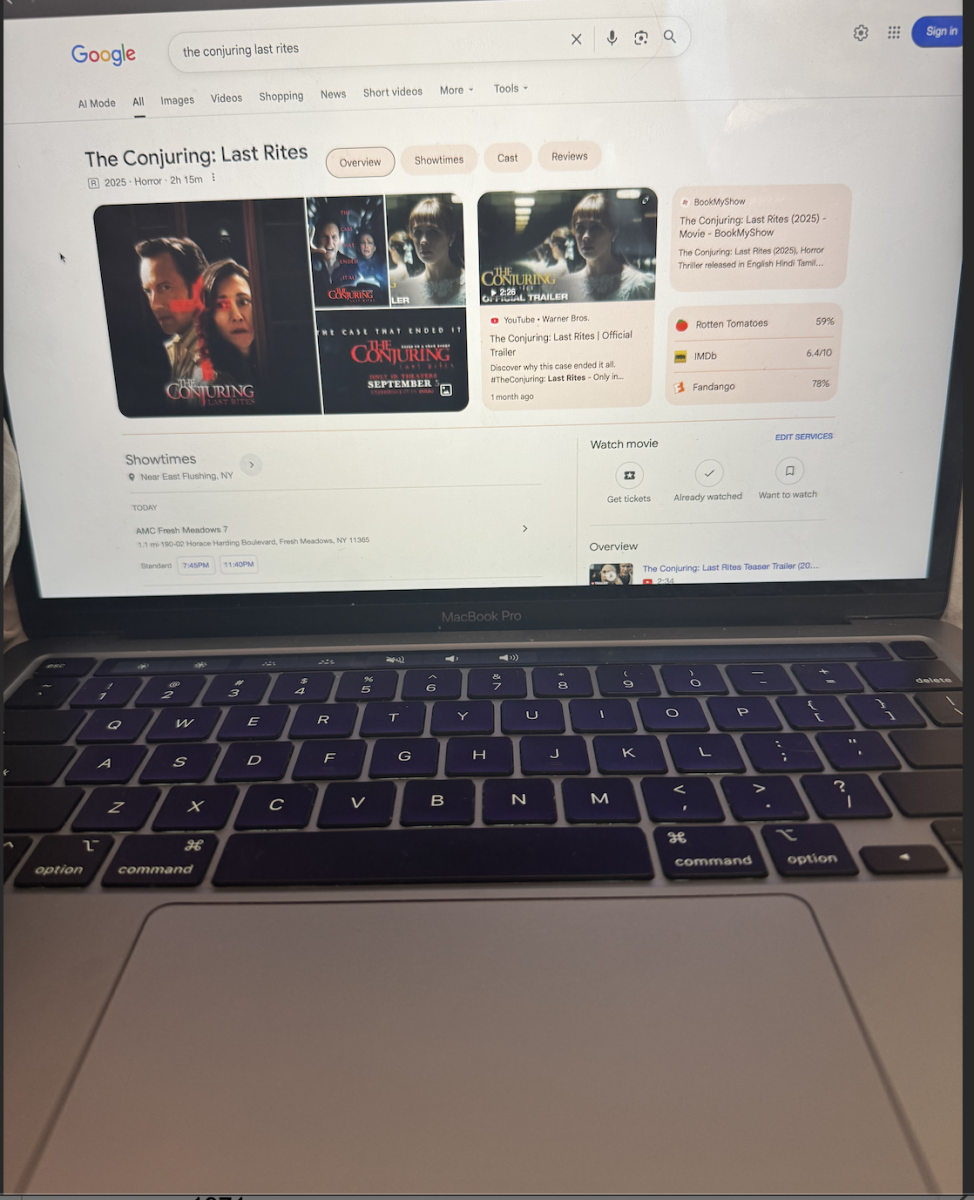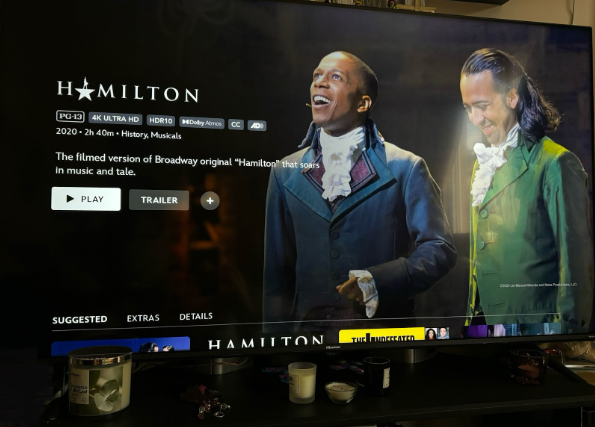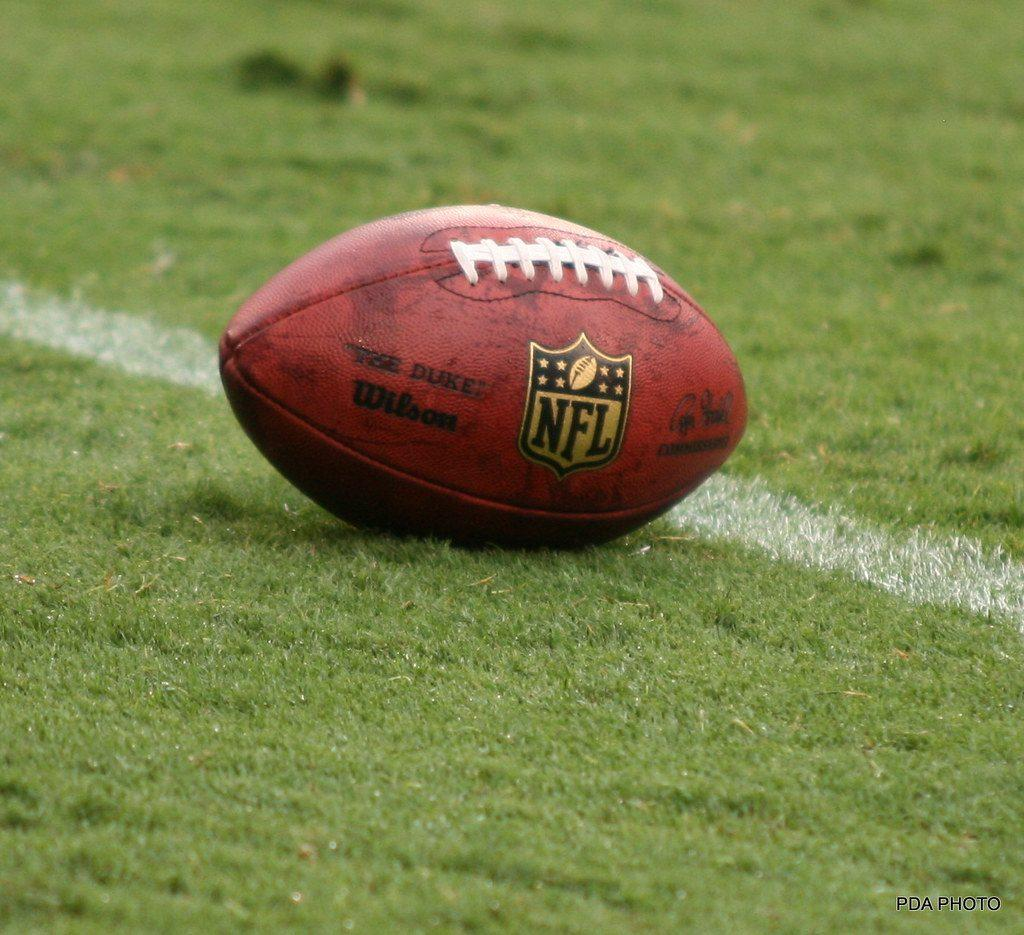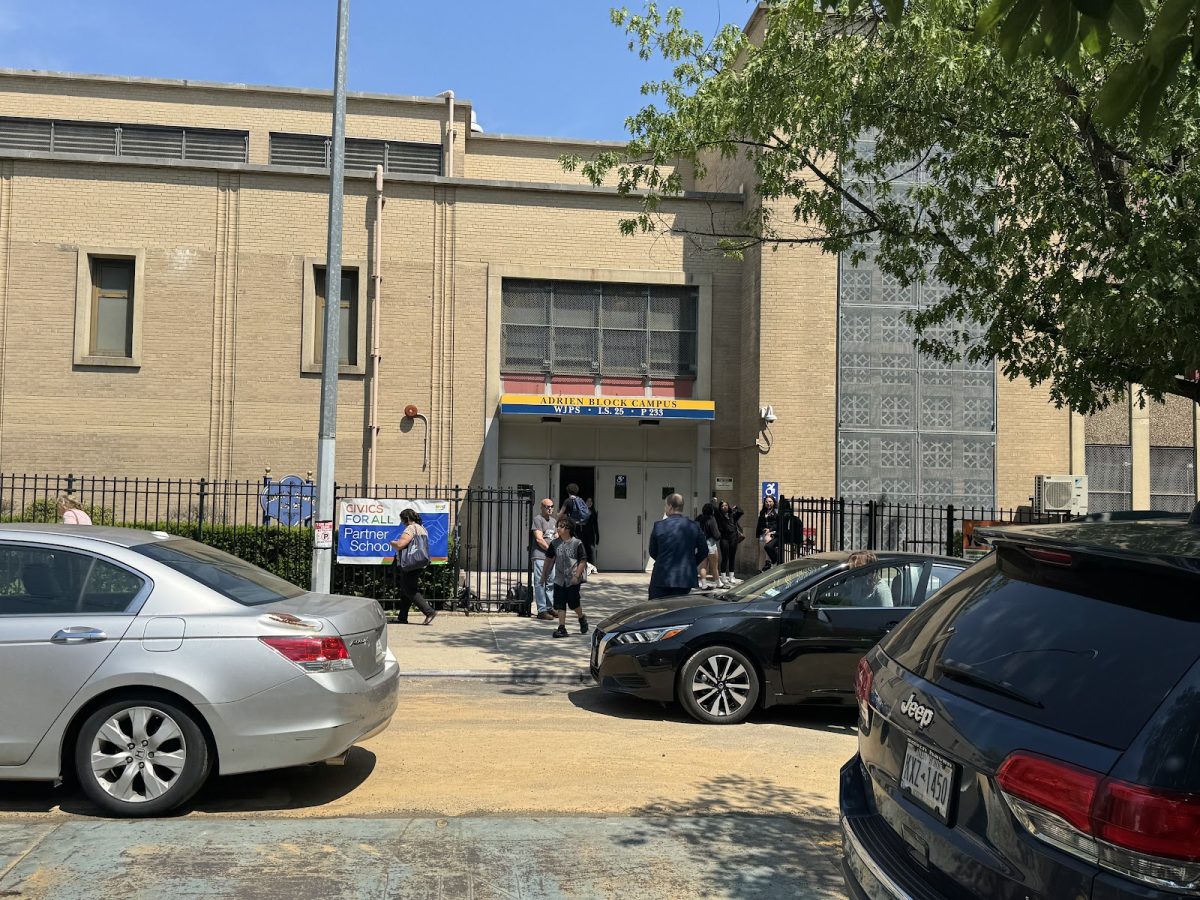In the U.S, nearly 93% of teens between the ages of 12 and 17 have Internet access, according to the Pew Research Center report. To protect these children and teens, more and more businesses and governments require users to prove their age online.
This month, Washington lawmakers called for new rules to protect young people after a former Facebook employee said they knew their products could hurt some teenagers.
Users in Japan are required to provide proof of their age to use the dating app Tinder, and users in Germany and France are required to provide their age when entering pornographic websites.
Critics of the age checks say it can jeopardize user privacy, weaken free expression, and steal anonymity. However, we should be more worried about the risk of children being exposed to inappropriate material and continue methods to safeguard websites from minors.
WJPS junior Alana Azad said, “Age checks are necessary so the children don’t get into any legal trouble, but at the same time, children still lie about their ages, so it may not be that [efficient].”
WJPS junior Dayssy Acuahuitl said, “I feel that for certain websites, they are necessary but not a must. I understand that some websites do it for safety reasons, but some people don’t feel comfortable enough sharing their personal information.”
“Data Security Breach” by Visual Content is licensed under CC BY 2.0












